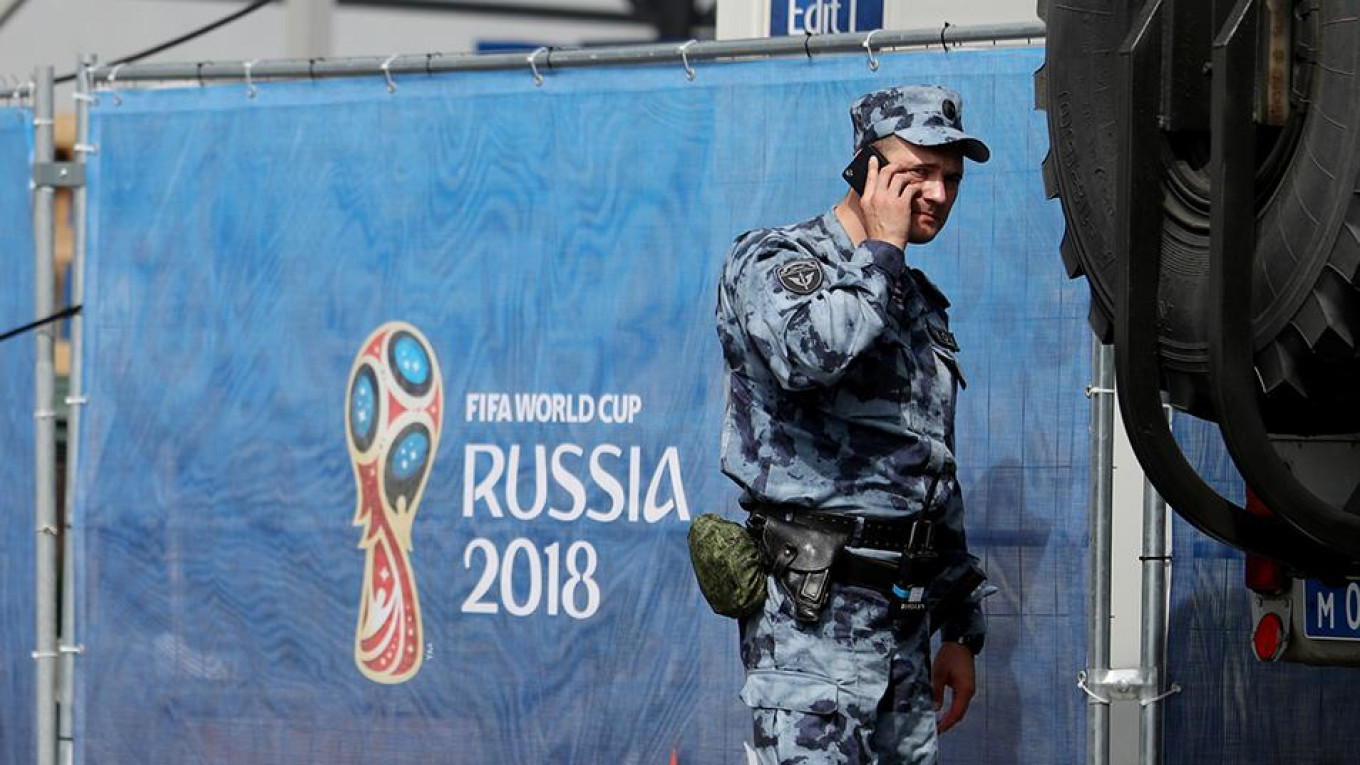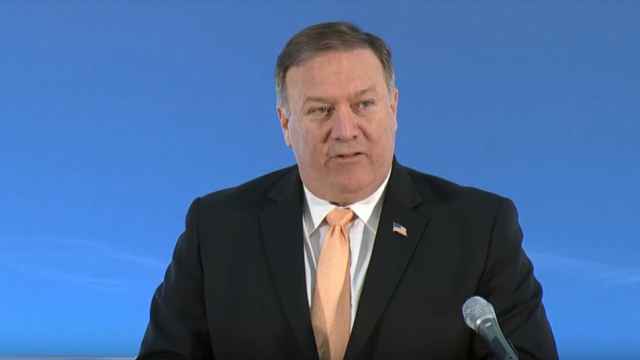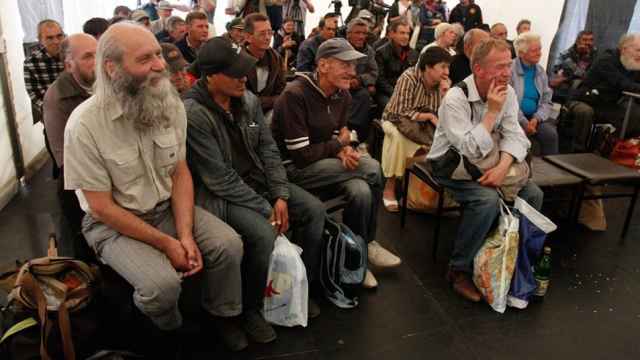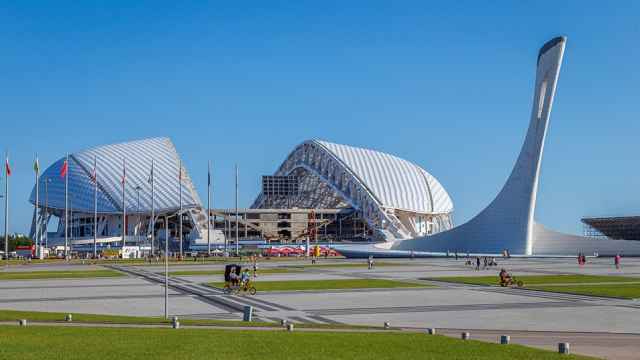Asylum seekers from Morocco, Nigeria, China and elsewhere have tried to enter Europe illegally from Russia using World Cup fan identity documents, police told Reuters on Wednesday.
They entered Russia using World Cup tickets and fan identity cards, which Moscow accepts instead of visas during the tournament. Then they headed for the border with Finland or Norway or the Belarusian border with Poland, authorities in the three countries told Reuters.
Russia shares a frontier with several countries in the European Union's 19-nation Schengen zone, inside which borders can be crossed without checks.
Since the tournament began on Thursday, five asylum seekers, of Nigerian, Moroccan and Chinese nationality, have crossed into Finland from Russia, which they entered using their World Cup tickets and papers, a senior Finnish border guard told Reuters.
"We had been prepared for this as we (knew) that one can enter Russia without a visa but it was a surprise that it started right at the beginning of the tournament," said Marko Saareks, head of risk and analysis at Finland's border guard.
He said there had been similar cases in the Baltic states and Poland since the start of the World Cup a week ago.
Some asylum seekers tried to cross the Finland-Russian border to enter the European Union during a migrant crisis in 2015 when more than 1 million people mainly from Africa and the Middle East came to Europe, mainly across the Mediterranean.
The Nigerian entered Finland on Friday with a fake Brazilian passport and three Moroccan men came on Sunday, he said.
"They (the Moroccans) had walked perhaps for 12 hours and managed to cross the territorial border," said Ville Mihl, the border guard's head investigator.
The Chinese man landed in Helsinki on a flight from Russia carrying only World Cup fan documents, border officials said. Finnish authorities were investigating the cases for suspected immigration offences.
Road To The Border
Russian authorities have since Saturday stopped around 10 citizens of African and Asian countries carrying World Cup tickets as they tried to cross into Finland and Norway, a Russian police source said.
Two Moroccans are on trial after being caught in Russia's northern city of Murmansk near the Norwegian border, the source said.
"They did not even manage to reach the road leading to the border. I have no idea what they were hoping for. We would never allow them (to get to the border) and they (Finland and Norway) would never let them in," the source added.
Russian authorities detained four Moroccans on June 8 who had tickets to last Friday's Morocco-Iran match in St Petersburg, the federal service of court bailiffs for the Russian region of Karelia said in a statement.
"The Moroccans admitted they had broken the law and said that of course their ultimate aim was not to attend the football World Cup but to cross the border and end up on Finnish soil," the statement read.
In Belarus on Friday four Moroccan citizens carrying World Cup fan identity documents were intercepted attempting to cross into Poland, Anton Bychkovsky, the press secretary of the Belarusian border guard, told Reuters.
Poland is a member of the European Union and the Schengen zone while the land border between Belarus and Russia can be crossed without checks.
A Message from The Moscow Times:
Dear readers,
We are facing unprecedented challenges. Russia's Prosecutor General's Office has designated The Moscow Times as an "undesirable" organization, criminalizing our work and putting our staff at risk of prosecution. This follows our earlier unjust labeling as a "foreign agent."
These actions are direct attempts to silence independent journalism in Russia. The authorities claim our work "discredits the decisions of the Russian leadership." We see things differently: we strive to provide accurate, unbiased reporting on Russia.
We, the journalists of The Moscow Times, refuse to be silenced. But to continue our work, we need your help.
Your support, no matter how small, makes a world of difference. If you can, please support us monthly starting from just $2. It's quick to set up, and every contribution makes a significant impact.
By supporting The Moscow Times, you're defending open, independent journalism in the face of repression. Thank you for standing with us.
Remind me later.






